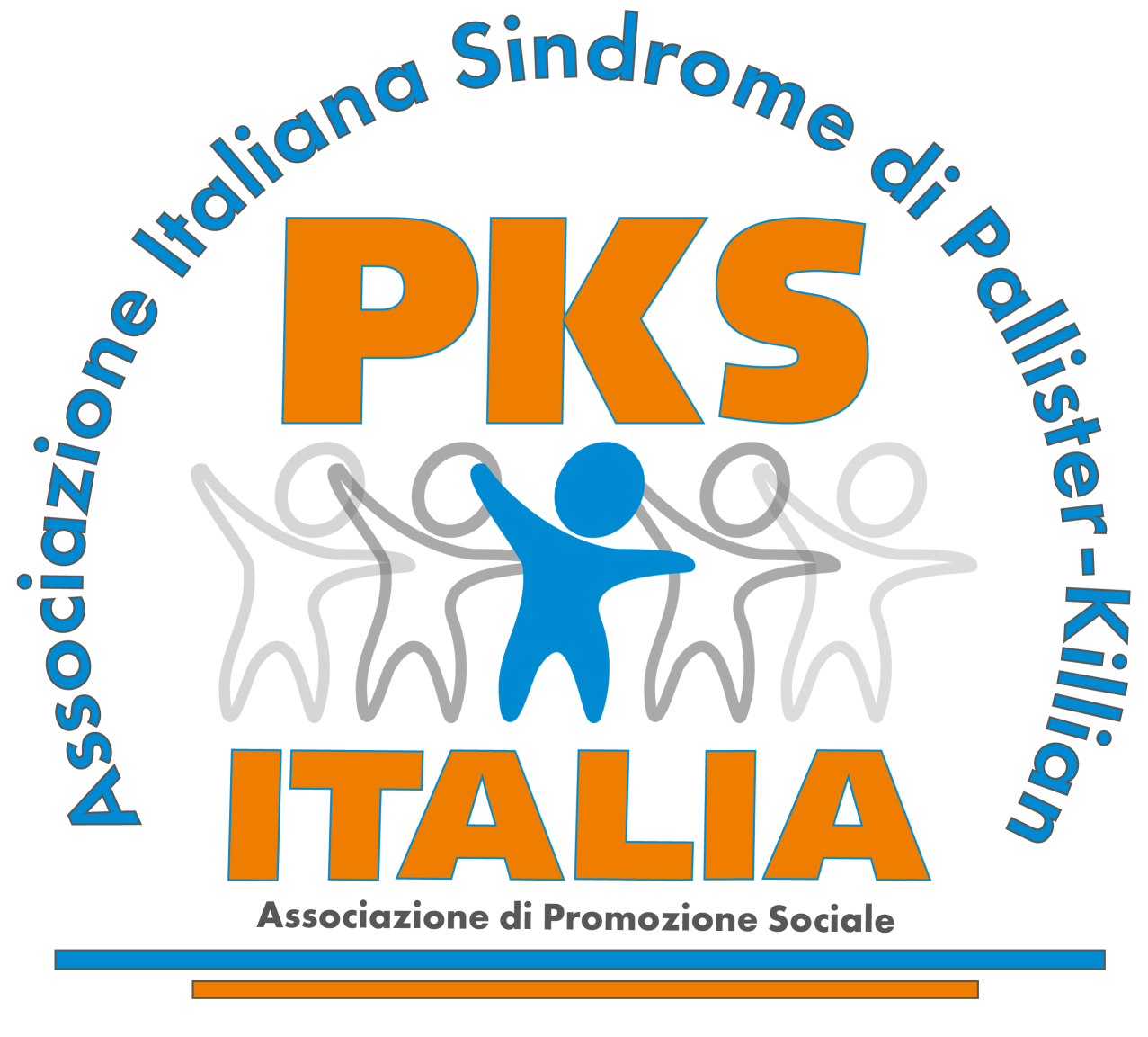Ongoing Project
Support research on Pallister-Killian syndrome for a year, solidarity rewards!

Your contribution, big or small, can help improve the quality of life for children affected by PKS and their families, and it could win you a trip for two people every week!
The team led by Professor Duccio Maria Cordelli, Head of Pediatric Neurology at the Policlinico S. Orsola Malpighi in Bologna, is conducting a study with the primary goal of providing a detailed description of the various elements characterizing the neurological phenotype of patients with Pallister-Killian Syndrome. Key objectives include identifying the frequency of different morphological or functional anomalies; pinpointing the most useful elements to guide clinical suspicion towards diagnosis, identifying a possible characteristic neurological profile; assessing the sensitivity and specificity of certain instruments (Computed Tomography, Magnetic Resonance Imaging, Electroencephalogram) in this clinical condition; determining the diagnostic and/or prognostic value of neuroradiological or electroencephalographic alterations; and finally identifying the most effective therapeutic approaches/care modalities.
In Pallister-Killian Syndrome, the neurological phenotype is the most disabling element. It is conceivable that, due to mosaicism and the resulting diagnostic challenges, there is a high number of misdiagnosed cases, to the extent that PKS could be the second chromosomal cause of mental retardation in the world, after Down syndrome. The severity of the manifestations of the neurological phenotype leads to a varying degree of disability that directly affects the patient's prognosis, their quality of life, and the resulting family management.
Discover how to donate hope, contribute to significant advances in PKS research, and participate in the weekly drawing for wonderful trips for two people.
Adopt a researcher.


